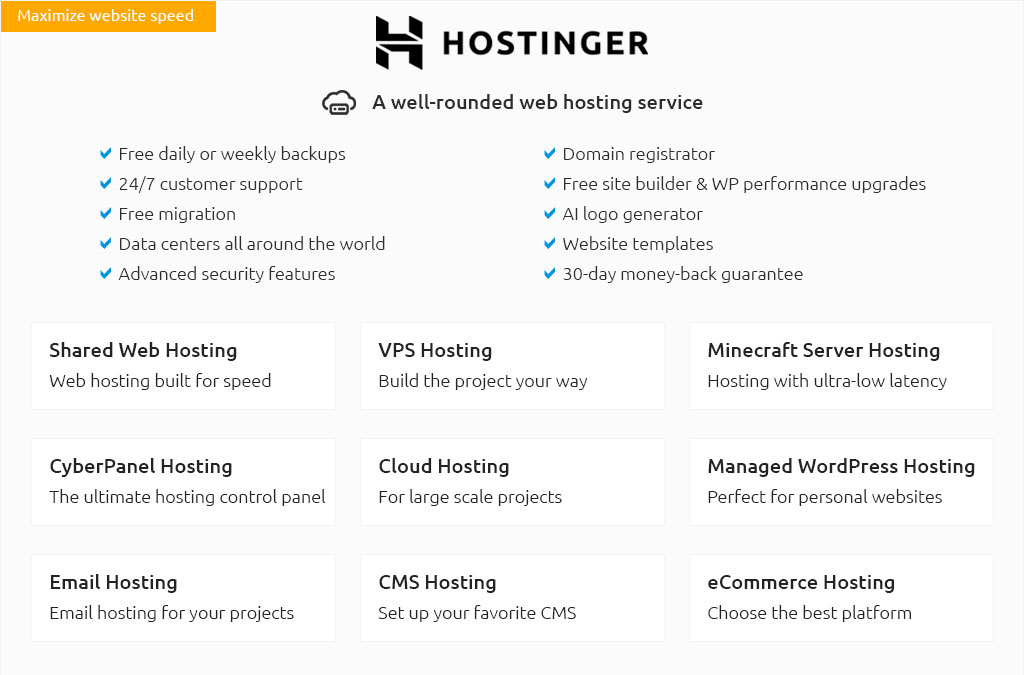 |
|||
 |
 |
 |
|
 |
|
 |
 |
 |
|||
 |
|||
 |
|||
 |
|||
 |
|||
 |
|||
 |
 |
Cloud-Based Hosting: A Comprehensive Guide for Your BusinessUnderstanding Cloud-Based HostingCloud-based hosting has revolutionized the way businesses manage their digital infrastructure. It allows users to access resources on demand, offering flexibility and scalability. What is Cloud-Based Hosting?Cloud-based hosting is a type of web hosting service where your data and applications are stored on virtual servers, using the resources of multiple physical servers. This ensures redundancy and high availability. Benefits of Cloud-Based Hosting
Choosing the Right Cloud Hosting ProviderWhen selecting a cloud hosting provider, it's crucial to consider several factors to ensure that it meets your business needs. Performance and UptimeEnsure that the provider offers high uptime and fast load speeds to keep your website running smoothly. Security FeaturesLook for robust security measures, such as encryption and regular backups, to protect your data. Customer SupportReliable customer support can be a lifesaver when technical issues arise. Check reviews and ratings on web hosting companies reviews to make an informed decision. Cost ConsiderationsCloud hosting costs can vary significantly. Consider your budget and what features are essential for your business. Pay-As-You-Go vs. Fixed PricingSome providers offer pay-as-you-go pricing models, while others have fixed monthly rates. Evaluate which option aligns with your financial strategy. Additional CostsBeware of additional costs such as data transfer fees or premium support charges that may affect your budget. For businesses with a smaller budget, exploring options like cheapest email hosting might be beneficial to save costs. FAQs
https://www.digitalocean.com/resources/articles/cloud-hosting
Cloud hosting is a type of internet hosting where computing resources are provided on-demand, scaled dynamically, and distributed across multiple virtual ... https://www.siteground.com/cloud-hosting.htm
Cloud hosting is one of the three most common types of hosting. It is best described as a group of servers, which share their CPU, RAM, and space to make one ... https://www.ibm.com/think/topics/cloud-hosting
Cloud hosting is an infrastructure as a service (IaaS) offering that makes applications and websites accessible by pooling computing and storage resources
|